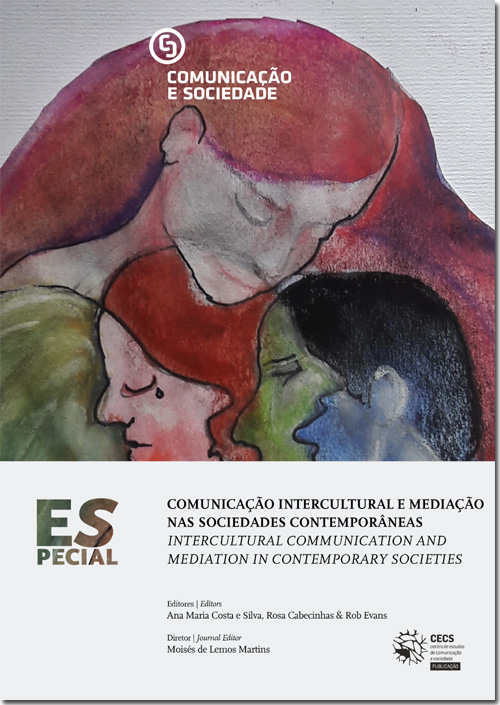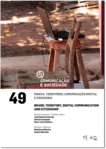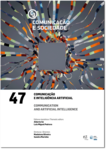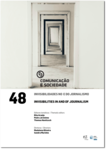Memory as an interculturality booster in Maputo, through the preservation of the colonial statuary
DOI:
https://doi.org/10.17231/comsoc.0(2019).3073Palavras-chave:
Memory, history, coloniality, post-coloniality, interculturalityResumo
Since this is a matter that is not yet resolved, where the strength of ideologies and reuses may change deeply or even reverse the ways it is evoked, the colonial past may become a problem (Vecchi, 2018a). This is the case of Portuguese colonialism which is frequently invoked to stress resentments: whether from the country that was colonised or the colonising country (Ferro, 2009). As soon as the Portuguese Revolution of 25 April 1974 took place, Mozambique promoted the elimination of colonialism symbols. This predictable attitude, aiming to show that the colonisation had ended, was later amended by the future Governments, with the colonial statues (at least, the ones that remained) being relocated to a place where they may be observed and contextualised. This action aimed to preserve the memory, which may enable the development of intercultural dynamics, softening the mentioned resentment: promoting questioning, in order to understand certain logics and, at the same time, filling gaps in the forgotten memory and in the Mozambican identity (Khan, Falconi & Krakowska, 2016). This paper refers to the cases related to the new life of two colonial statues in Maputo – Mouzinho de Albuquerque and Salazar –, during the post-colonial period and the permanence, until today, of the first monumental trace of Estado Novo [Second Republic] (Monumento aos Mortos da Primeira Guerra Mundial [World War I monument]), showing the importance that the preservation of memory has in a country or a nation’s life, even when it is associated with the former coloniser. This sort of mental decolonisation (Mbembe, 2017; Thiong’o, 1986), aims the questioning of the way the colonial past weighs on the current intercultural relations, in Mozambique, when the country establishes a relation with the former coloniser, allowing its inhabitants to look at the past as a way to build future dynamics.
Downloads
Downloads
Publicado
Como Citar
Edição
Secção
Licença
Os autores são titulares dos direitos de autor, concedendo à revista o direito de primeira publicação. O trabalho é licenciado com uma Licença Creative Commons - Atribuição 4.0 Internacional.











